0
Traveloka PH
01 Aug 2017 - 15 min read
Trip Abroad? 21 Travel Pros Share Money Saving Tips
Yosh Dimen and Vins Carlos, The Poor Traveler

"Buy meals and food supplies in supermarkets"
- Hit the supermarket on your first day. Food often takes the biggest chunk of the budget pie, and in many destinations around the world --- *cough* Switzerland *cough* Iceland *cough* --- restaurant meals will make you cry if you’re traveling on a budget. If your hotel doesn’t offer free breakfast, shop for bread, cereals, and other easy eats. If your hostel has an open kitchen and allows cooking, shop for ingredients. If you wish to eat out to have a taste of local cuisine, limit that to only once per day, preferably lunch (which is often cheaper than dinner). Supermarkets are also cheaper than convenience stores, so make sure you get all the other supplies you need while you’re at it.
Kach and Jonathan Howe, Mr & Mrs Howe (Two Monkeys Travel)

"Choose accommodations a block or two away from the main tourist areas"
- Our best money saving strategy has always been to stay as local as possible. Of course, we all like to visit the main tourist attractions when we visit a new destination, but these areas are also the most expensive to eat, drink and of course, to sleep! Simply taking a quick look at a map before you make your hotel or hostel reservations can save you a lot of money on your accommodation. Just moving one or two streets back from the main square or tourist area will have you finding great food at local prices, which is often tastier and much more authentic, since obviously the locals wouldn’t put up with anything but the best!
Aleah Taboclaon, Solitary Wanderer
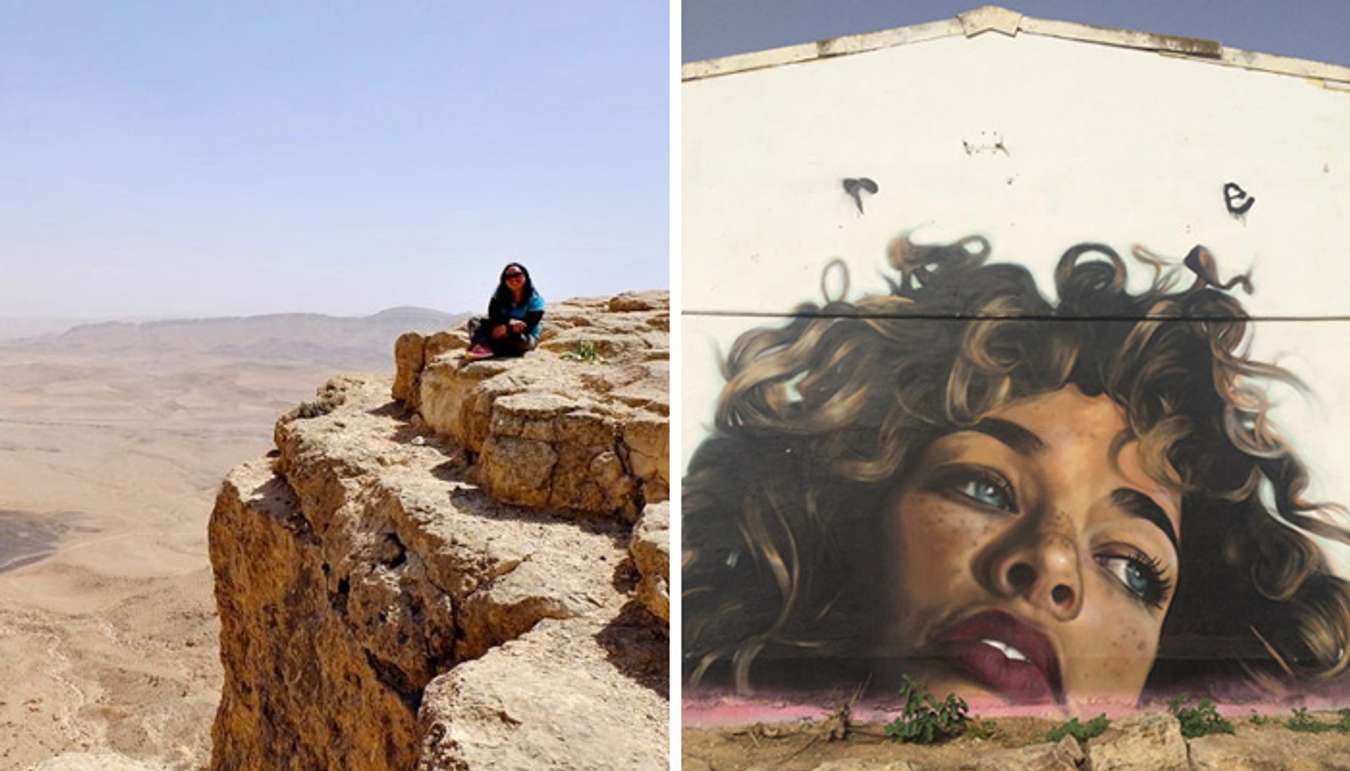
"Consider hostels or volunteering when traveling long-term"
- If there is no couchsurfing member in a place I'm visiting, or if I don't feel like socializing, I stay in a female dorm in hostels which are usually cheaper than hotels. I can be as aloof as I like and still have access to fellow travelers when I feel like socializing.For longer stays in a city, however, I look for volunteering opportunities, which means working for 25 to 30 hours a week in exchange for a bed and some meals. I’ve volunteered in Bolivia, Peru, and Israel, and everything had worked out well (except at one place, which was also a learning experience for me). On my days off, I get to explore other cities, and I also get to work on my paying jobs online when my shift is finished. You can definitely stretch your travel budget when you have your accommodation squared away!
Christian Sangoyo, Lakad Pilipinas

"Do your own laundry (LOL!)"
- For traveling long-term, one simple thing you can do to save a bit on your travel budget is to do your own laundry. We have tried these numerous times on our annual two-month summer trips around Asia, and it’s not as hard as you might imagine it to be. We simply buy a pack of detergent, pour the necessary contents on a few days’ worth of clothing in the sink (in the morning), add water, then forget about it. After touring the whole day, we come back to it during the evenings, lightly rinse it, wash, and that’s it!
With laundry service at a minimum of a dollar per kilo, we save about USD7.00 per week. It’s not much if you look at it, but if you multiply it by eight (or two months’ worth of laundry), that’s USD28.00, with hardly an effort!
Lois Ribeiro, We Are Sole Sisters
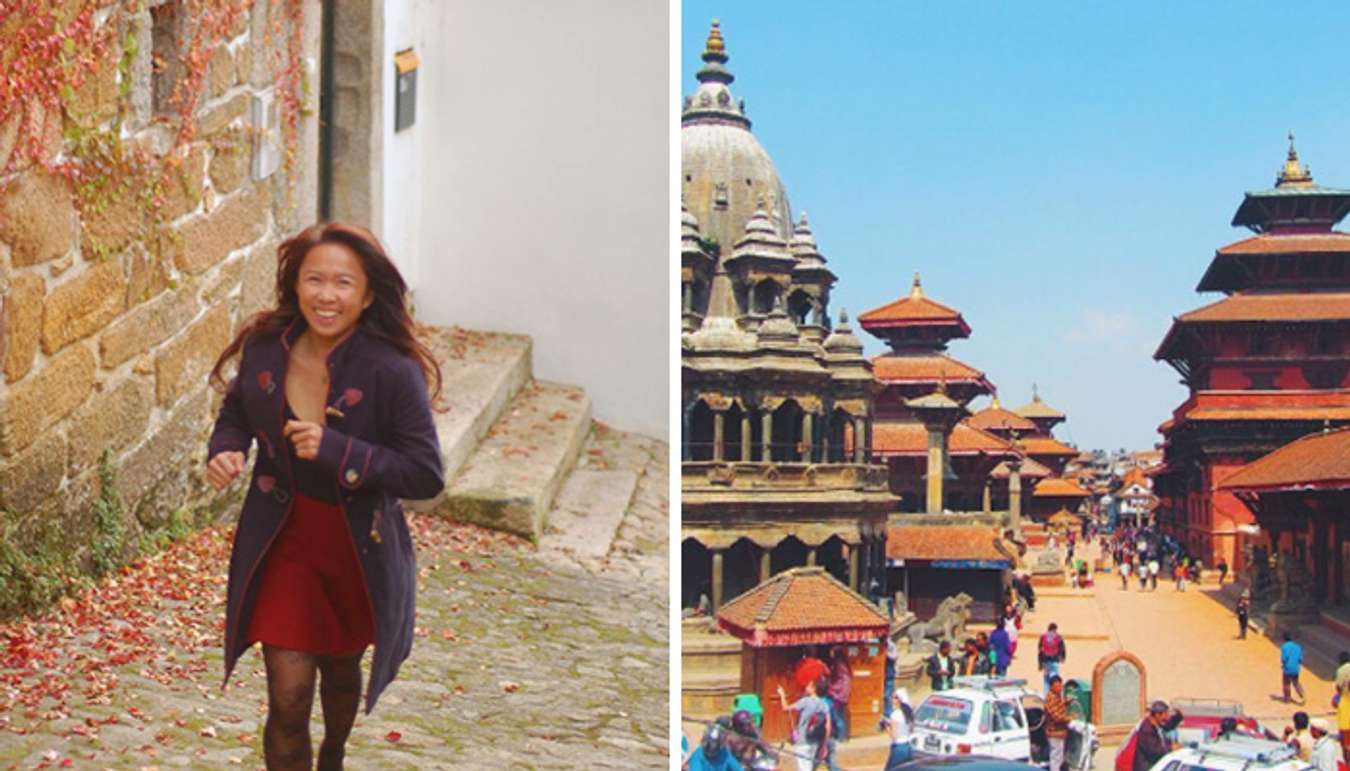
"Wait for seat sales + Ask locals for advice + Travel with a friend"
- I often wait for seat sales to book my flights. And whenever possible, I try to travel overland (when it's cheaper) and if I have enough time. I also try to stay at friend's or family's places when I am traveling to a new place. Otherwise, I go with hotel booking apps, which are a great way to travel like a local and save on costs. I always get recommendations from locals about where to eat so I can stay away from expensive tourist traps. I enjoy traveling solo but I also find that traveling with a partner certainly cuts most costs in half like accommodations and tours.
Ferdz Decena, Ironwulf En Route
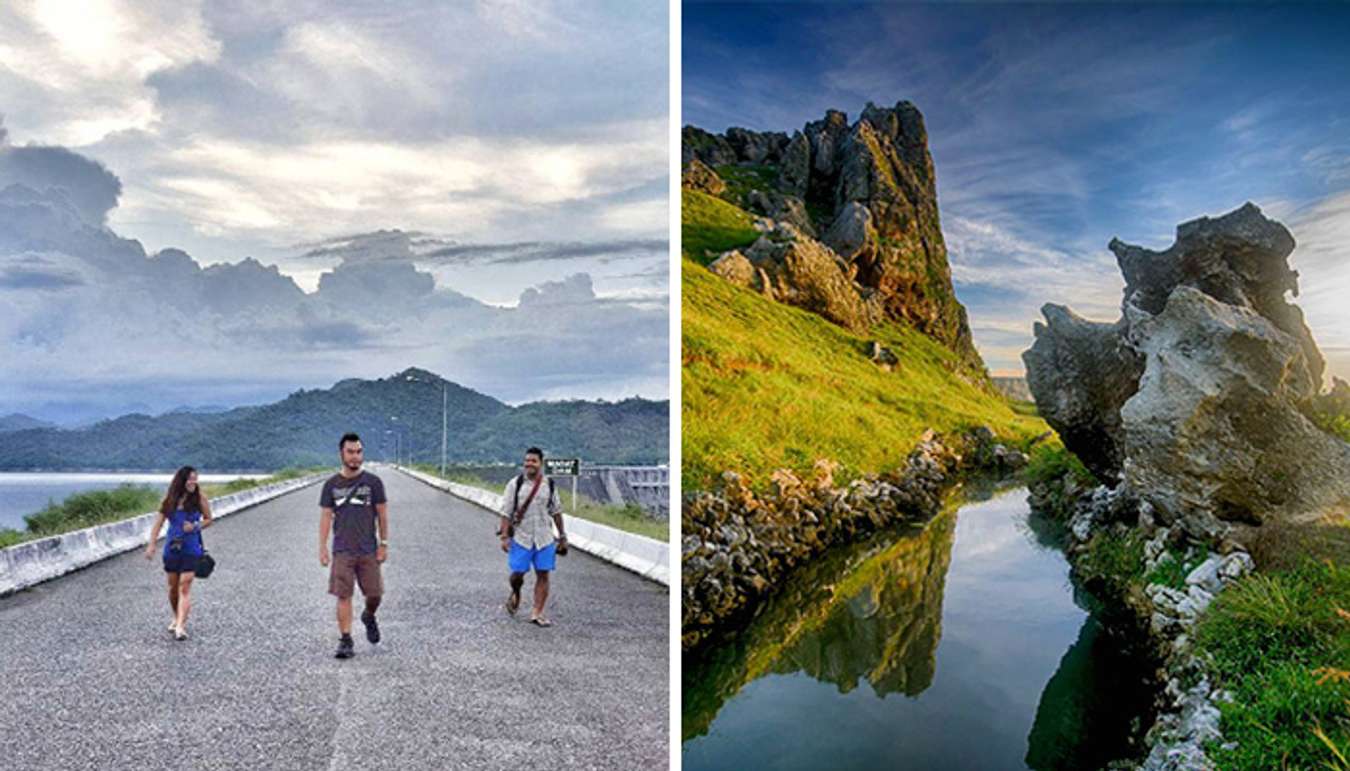
"Plan carefully and book in advance"
- I study the destination first and know the places I'll be visiting. Then I find lodging that is accessible to the places I'll visit - this helps cut down transportation cost. I also walk if the sites are just a kilometer or two away. I also book in advance for accommodations and look for good deals. Typically advance booking can be cheap and I stay alert for promotions.
JB and Renee Macatulad, Will Fly For Food

"Buy plane tickets 47 days prior to your departure date"
- There are a few things we do to save money on trips. Things like buying transportation passes, city sightseeing passes, and tour discount tickets. They always manage to save us a few bucks when traveling but the most we’ve ever saved was on a domestic flight in Japan.We had already planned nearly every aspect of our trip to Hokkaido to attend the Sapporo Snow Festival. It’s peak of peak seasons in Sapporo during that time so we needed to plan everything months in advance to secure accommodations and airfare. We had already booked hotel rooms and international flight tickets from Manila to Fukuoka. All we needed now were domestic tickets to Sapporo. But as it turns out, they typically cost over USD 1,000+. I felt my heart drop into my stomach when I saw that price.Japan does have domestic low cost carriers but there weren’t any direct routes from Fukuoka to Sapporo. Connecting flights weren’t favorable because of our schedule. I had already booked 6 hotels for every leg of our trip so I started to wonder if I needed to do a major overhaul of our plans.That’s when I remembered an article I read about the cheapest time to book flights. It was a lengthy article backed by lots of data and it stated that the cheapest time to buy flight tickets is 47 days prior to your date of departure. I did a dummy booking and true enough, the price dropped to under USD 300.Waiting to book 47 days before our desired date made me nervous because our entire trip hinged on those tickets. But as luck would have it, prices did go down around that time and we managed to save over USD 1,500 on domestic flight tickets. Best of all, I didn’t have to change any aspect of our trip. Awesome!
Kara Santos, Travel Up
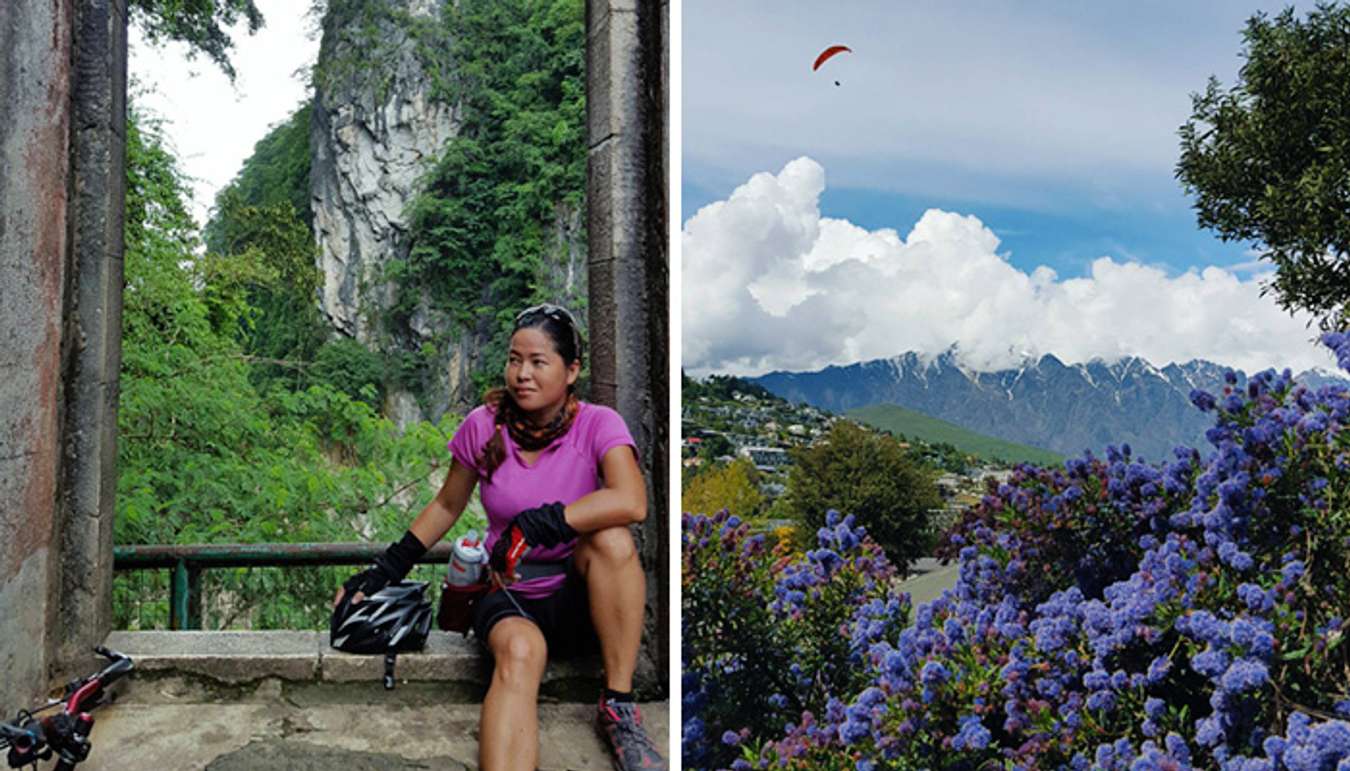
"Rent motorcycles or bicycles to get around"
- Whenever I travel, I usually rent a motorcycle or bicycle to get around. During a trip to Siem Reap, Cambodia, we rented bikes to explore the temples of Angkor Wat. Mountain bikes cost about $5-6 per day while city bikes cost $2 a day. Meanwhile, it costs $1-2 every time you ride a tuk-tuk (motorized rickshaws) even for short trips. They also charge anywhere between $15-25 for Angkor Wat tours. Renting bikes gave us the freedom to explore on our own and was our form of transport at night going around the city and to Pub Street. We probably saved $80 during 3 days of biking!
Anton Diaz, Our Awesome Planet



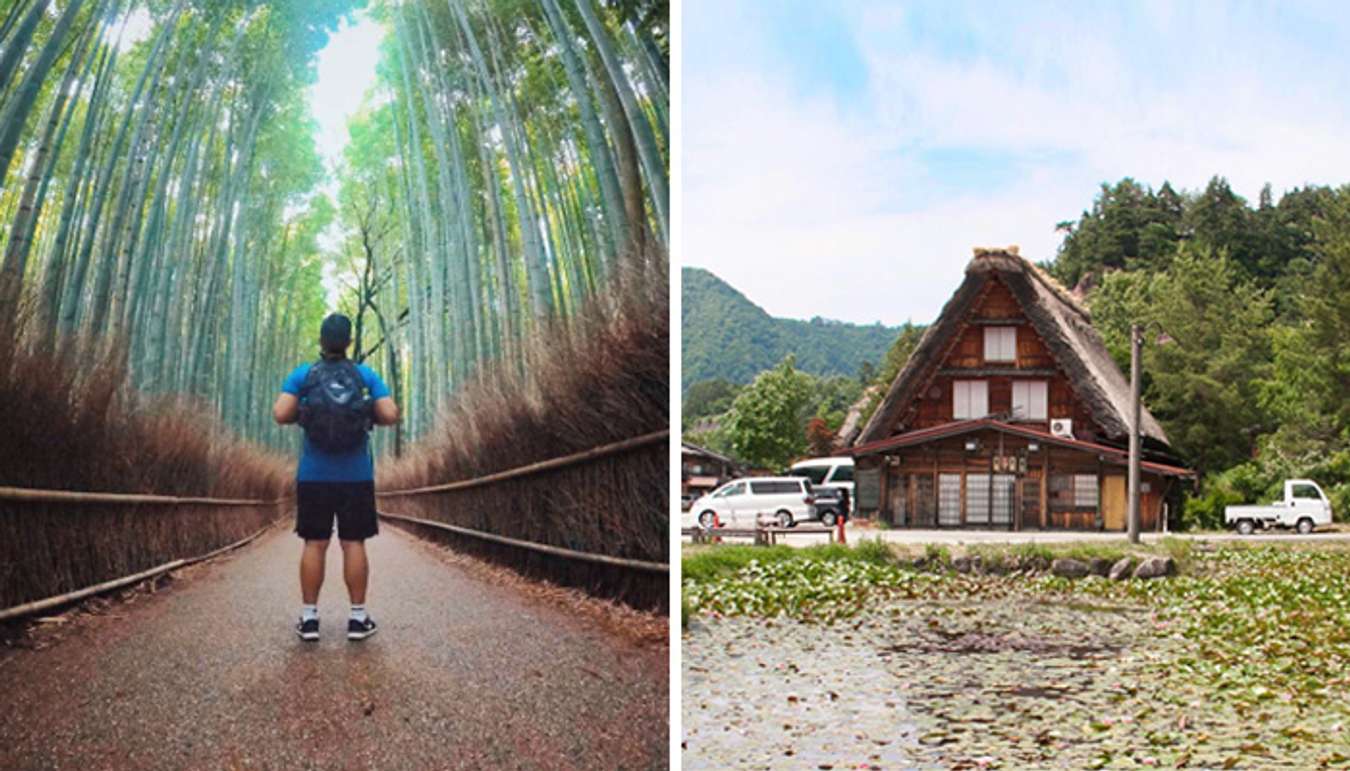
"Look for credit card deals"
- Avoid buying from travel fairs. Best to look for online or credit card deals months before the travel fairs.
Check out tour booking sites for transportation, entrance tickets or travel passes to get guaranteed cheaper rates than booking directly.
I'll check out a festival or a travel conference and time my trip during those time to get really good deals.
Estan Cabigas, Langyaw.com



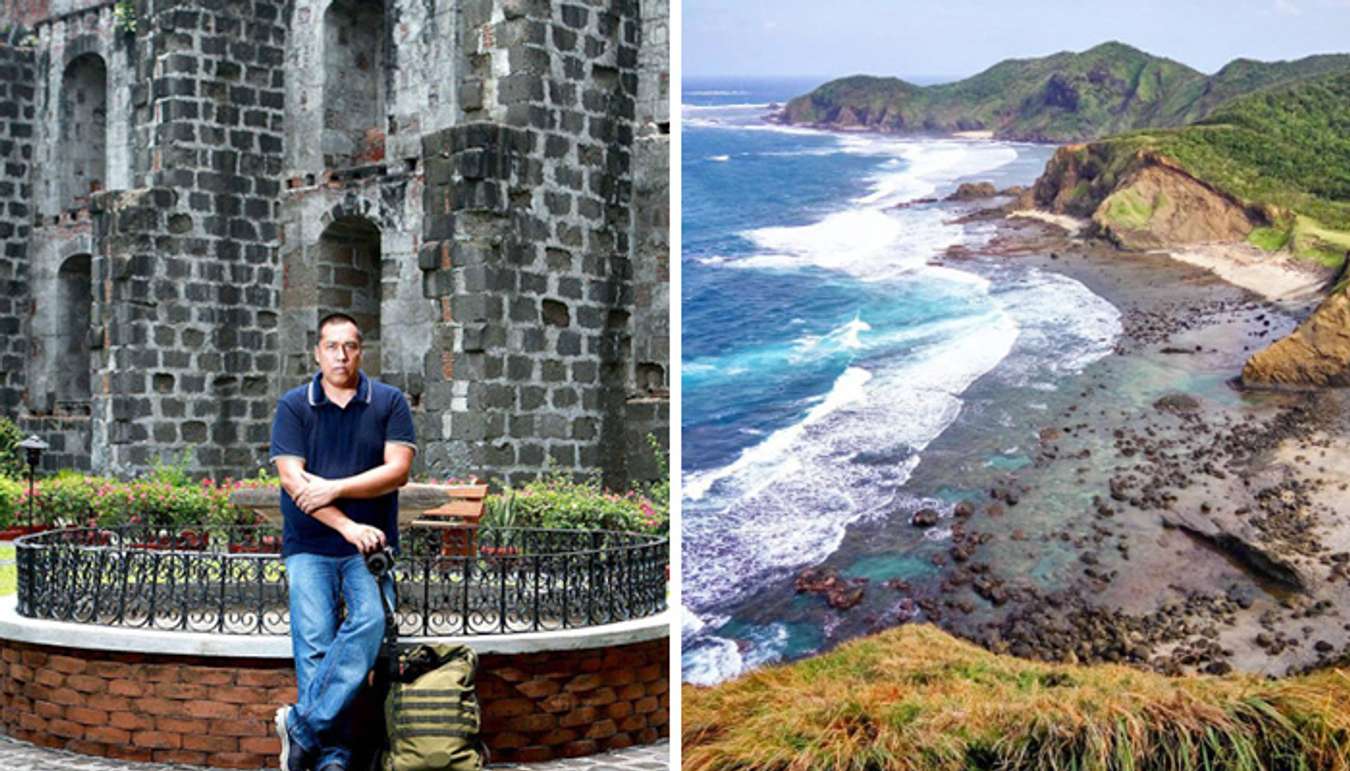
"Check out tourism kiosks in airports for special tourist discounts"
- When arriving at your destination's airport, always check with their tourism kiosk. Other than the usual maps, hotels and tours, look out for special discounts or packages that are offered specifically for tourists. These range from special shopping promos like credit card/merchant tie up discounts, availability of free city tours for those who have plenty of transit time, and special ticket rates to multiple museum access.
This also holds true for sim cards that are tourist only and usually have generous rates good for 3, 5, 7 days or more of usage. In Tokyo, after I made my exit from immigration and customs, I checked out one train company ticket outlet and was happy to see a special Narita-Tokyo high speed train + 2 days unlimited Tokyo Metro package at a good rate, specifically for tourists. Just look around the other different airport kiosks, you might find a good deal for your trip.
Mervin Marasigan, Pinoy Adventurista



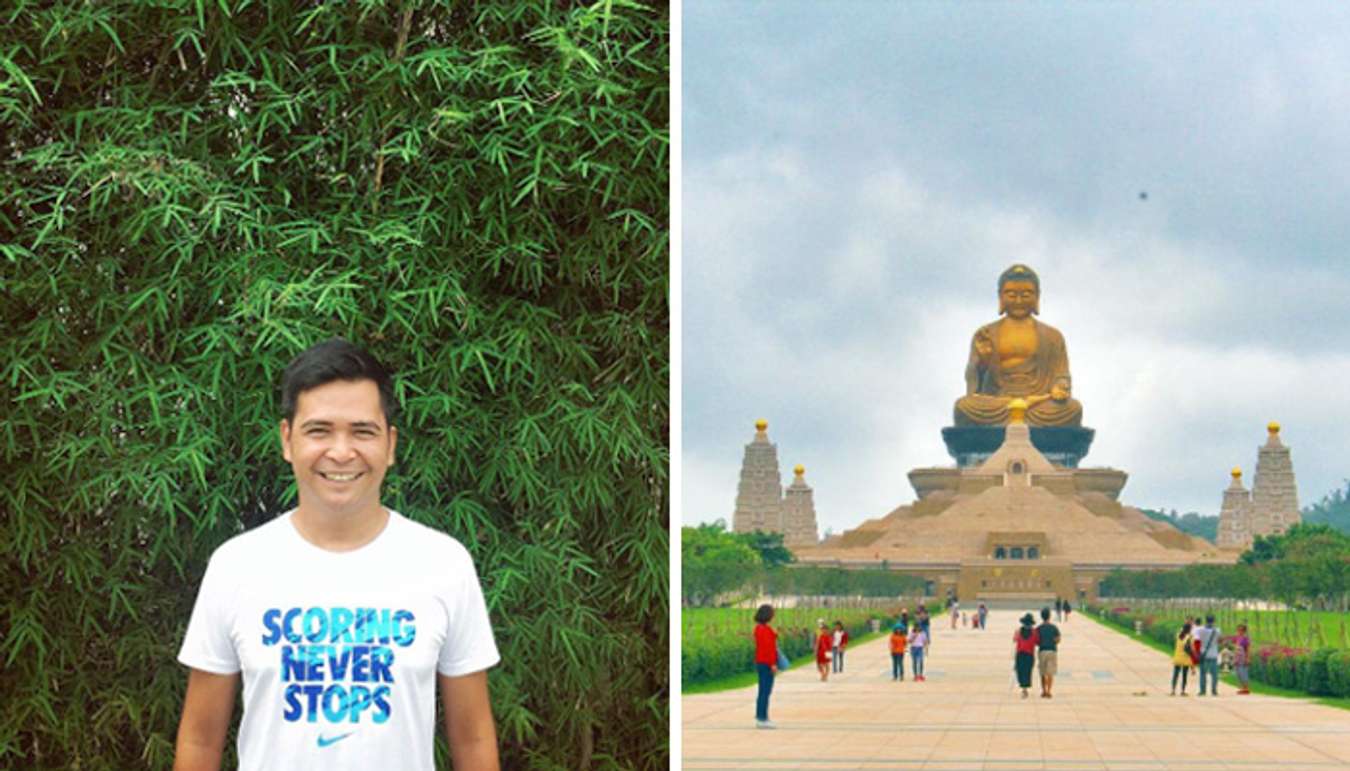
"Filter by price to get the best hotel deals"
- One of the best ways to reduce your travel expenses is by choosing the right accommodation that will fit your travel budget. When booking online, I filter the choices by the price range. That way, I can find the best hotel or resort that fits my specific budget. I've been practicing this on my previous travels. It certainly helped me save a lot on travel expenses.
Gael Hilotin, The Pinay Solo Backpacker

"Choose a less busy airport for cheaper flights"
- When I’m not in a hurry, I always look for alternative airports when traveling. Sometimes it’s a lot cheaper to fly from an airport that is slightly farther away. Then I just travel to my actual destination by bus, train or van from that airport. Take for example when going to Boracay, though Caticlan is the closest airport, you can also go there via Kalibo. Flights from Kalibo are usually cheaper. But when doing this, make sure you also calculate the total cost of getting to your actual destination from that airport and compare the price if you are going there by direct flight. And of course, this is good only if you have the luxury of time when traveling. There are certain applications that you can use to compare prices of flights from various airports and from different airlines.
Marky Ramone Go, Nomadic Experiences
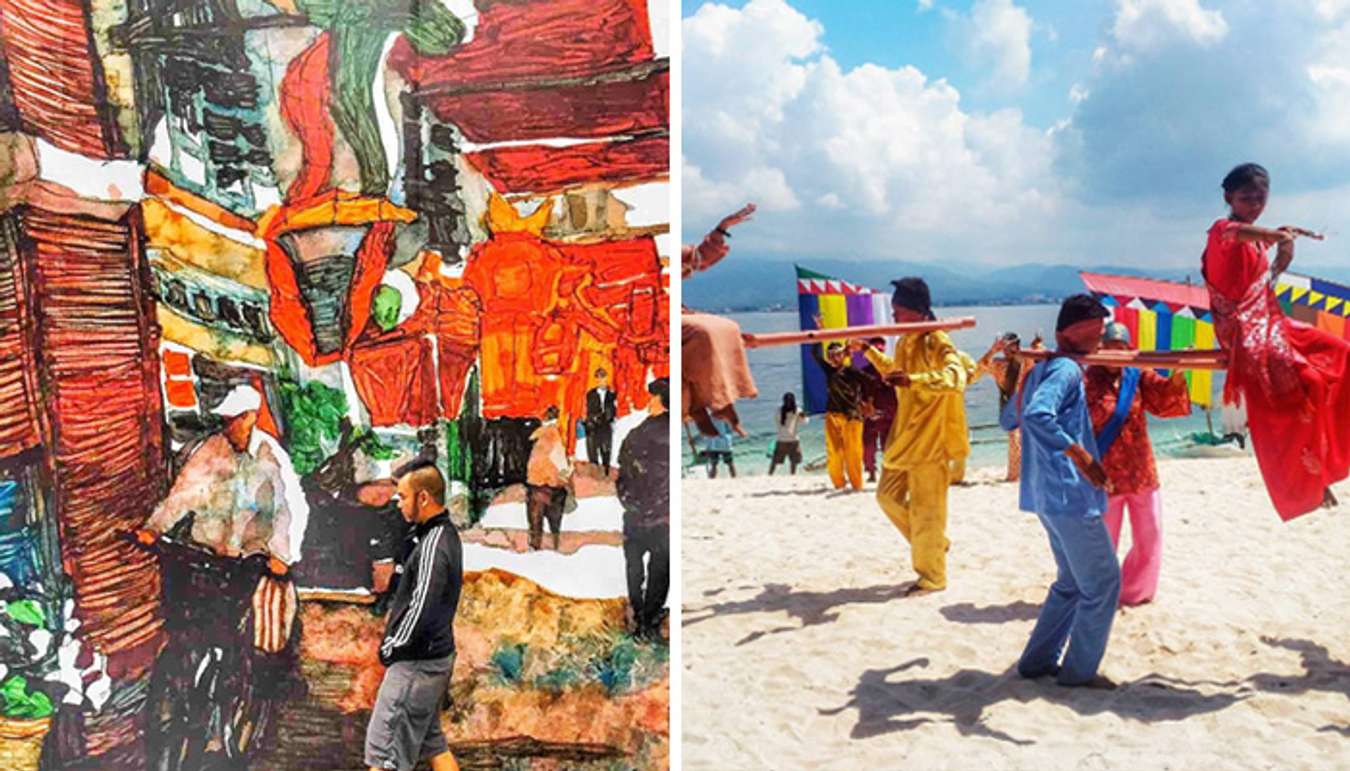
"Take a sleeper bus or train on long journeys to save on hotels"
- When backpacking abroad you will experience long journeys on the road. Travel time of 8-12 hours becomes the norm. In order to save more money, I suggest that you always take the sleeper buses or trains that leave at night. That way, you save money on accommodations and you also get to spend the day exploring. During my month long backpacking trip in India in 2014, I did this practice and their trains - despite my worst expectations, had sleeper berths that were comfortable enough for a 6-8 hour sleep. I practically saved money reserved for hostels each time I took a sleeper train going to my next destination.
Katrina Torres, Excursionista
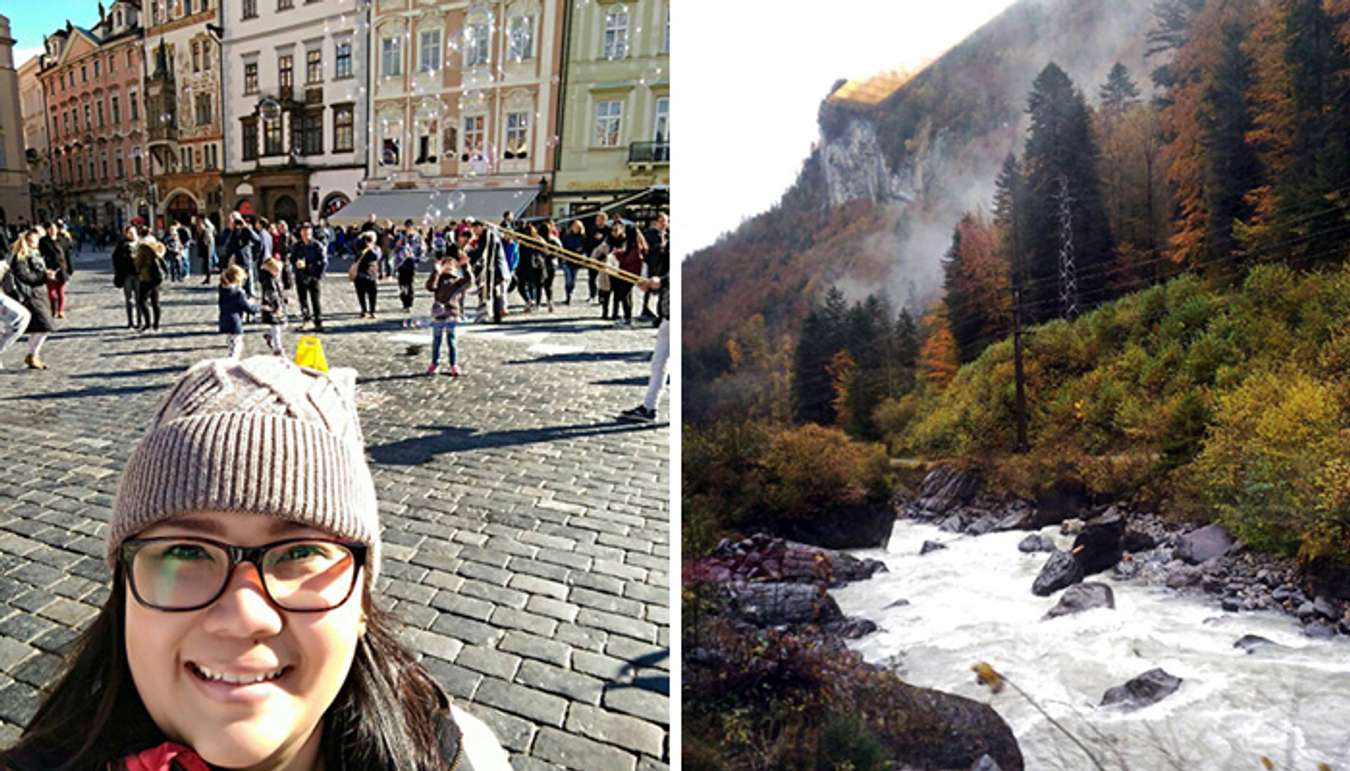
"Using public transport: cheap; Using transport comparison apps = more savings!"
- I often use public transportation when overseas. It's cheap, and there's usually a train station/bus stop close to the most popular attractions. Sometimes, I explore a city on foot. I use an app that helps me with navigation.When traveling to more expensive destinations, I like to use aggregator websites to compare prices. For example, I used Loco2 or GoEuro when I traveled to Europe to compare train fares. I found a last minute deal for Milan to Florence for €49. While it's not exactly cheap, it was the lowest fare at the time, and mind you, it was a Club Executive (first class) seat on Italo which is usually priced at €79. Similarly, I got a WESTbahn ticket from Vienna to Salzburg for €19.90 instead of the standard €26.50. They had discounted tickets for trains departing after 11:00 am.
Carla Araniego, Blissful Guro
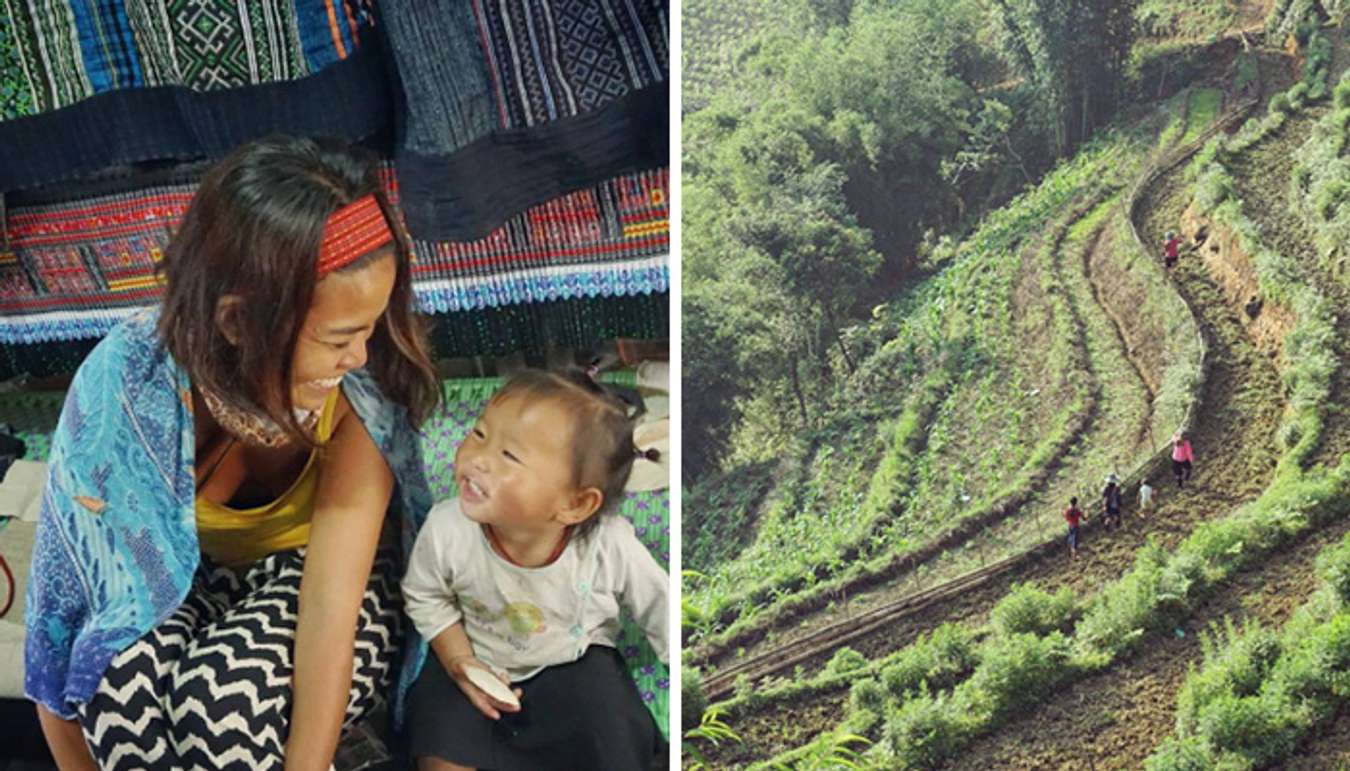
"Bring US dollars instead of withdrawing money from ATMs"
- I always bring US dollars with me when traveling abroad and look for the most competitive exchange rates versus withdrawing money on ATM machines. The latter usually charge exorbitant fees for every transaction I make (like currency conversion fee, ATM fees, etc.). The key here is to get the best exchange rate for my travel money, which I always achieve, by doing research on the best area for changing currencies beforehand. If you’re not confident enough to bring loads of cash with you, you may want to check with your card-issuing bank about ATM withdrawals abroad, including its fees and withdrawal limits. This helps a lot in stretching my budget especially for long-term backpacking trips.
Jona Bering, Backpacking With A Book
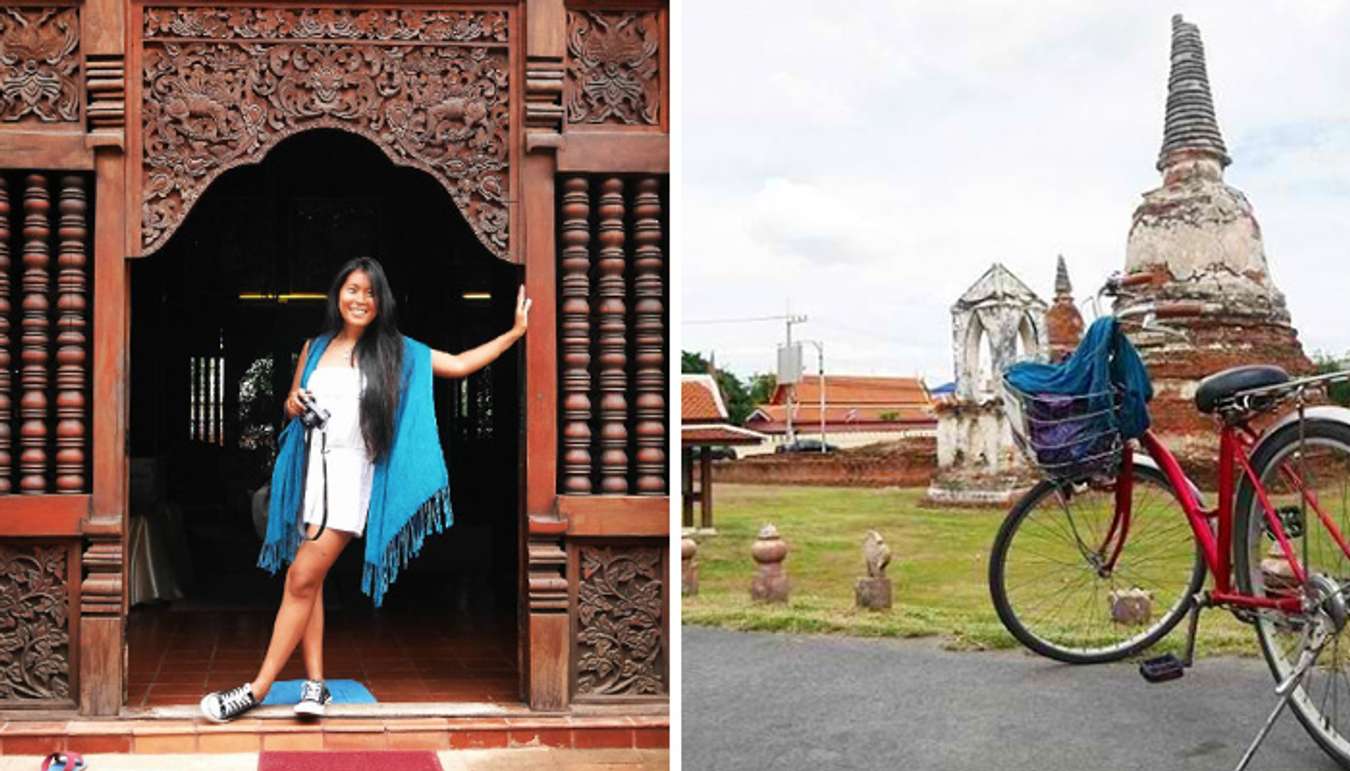
"Don't be too picky - stay in dorms!"
- This is a shout out to my fellow Filipinas who are scared to venture abroad alone. To be scared is an understandable plight. The first step is to acknowledge and accept it.When I first solo traveled abroad, the idea of staying in a mixed dorm revolted me, but I stayed there anyway because it was the cheapest way. Until I found out about female dorms. Most of them are odor-free, clean, and bug-free. And the cost? As low as Php200.00 a night. Plus, if you book it via Traveloka, which constantly offers promos, you can have it cheaper. During my one-week stay in Hanoi, I stayed in a dorm in Hoan Kiem district and right outside the hostel were tiny restaurants locals frequent. I roughly paid P1700 for my accommodation and P100 a meal and coffee. Did I enjoy my stay? A lot.This is Jona of Backpacking with a Book who left the Philippines and faced the fear of going broke in a foreign country.
Gabz Gabiano, Pinoy Travel Freak

"Subscribe to travel sites to get sale and promo alerts"
- Airfare is normally where the biggest expenses in international trips go, so to make sure I save money on flights, I always keep an eye out for seat sales and promo fares. I use low-cost carrier (or LCC) and ensure I subscribe to their social media channels and email so I receive seat sale alerts and announcements.When looking for cheap accommodations, I use Traveloka to search for good deals from hostels and inns.Going around the place for the first time can be challenging yet fun. I'd use the transportation methods locals use when commuting. Cabs can be quite expensive in other countries which is why traveling like a local using trains and buses, for example, can save you a lot. And sometimes, if you get lucky, you get to meet local people who offer free rides - which means additional savings for you.
Mich Borlagdan, Chasing Philippines
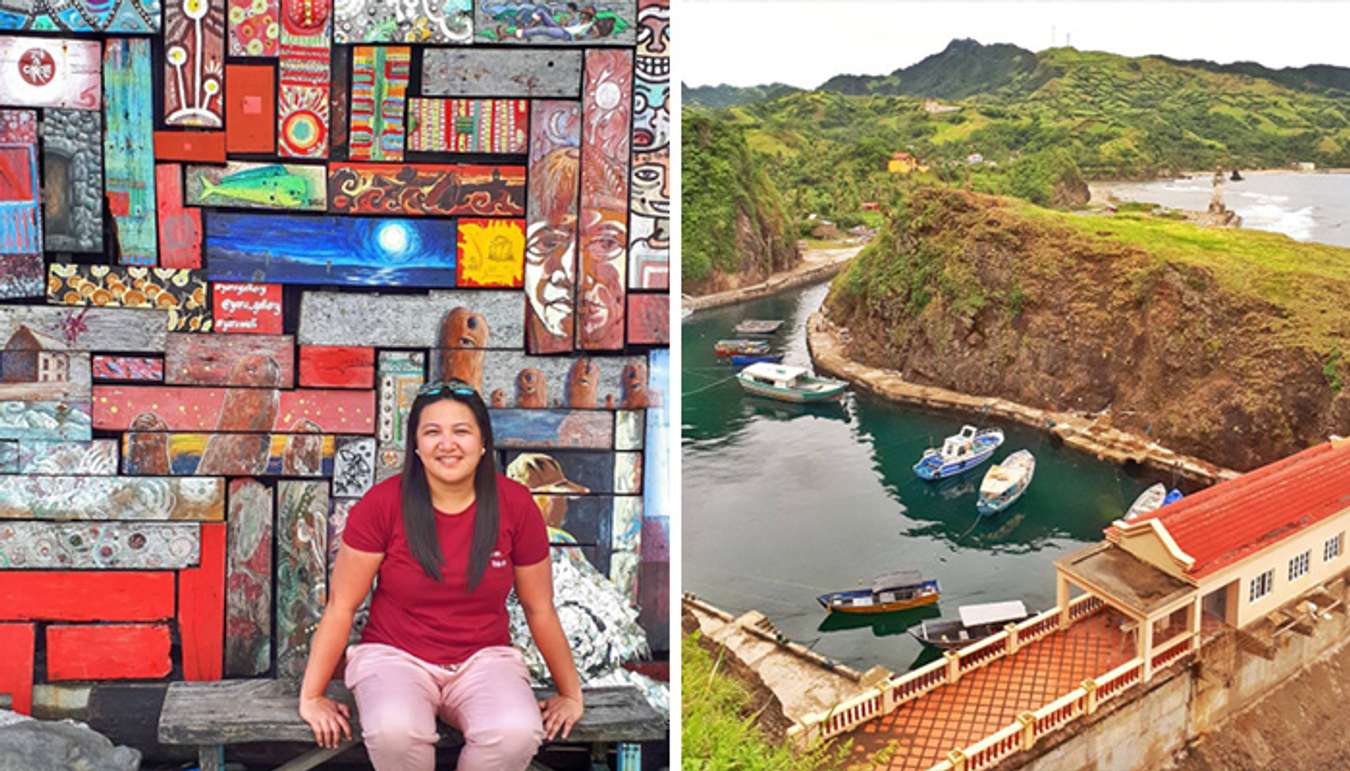
"Book in advance and dare to use the public transportation system"
- Looking for money-saving tips? You’ve actually come to the right person. Would you believe that my recent trip to Singapore and Malaysia cost me around P19,000 only? And no, I did not stay in a hostel. So okay, let me give you a quick rundown on how to save some bucks when traveling abroad. 1. This is very basic - book in advance 2. USE TRAVELOKA (all in caps lock to highlight how badly you need to use this cool and awesome app). I booked all my flights and hotels via this app; it’d be super beneficial if you know their promo periods, too. As a result, I scored my round trip tickets for a total of P4,400 without waiting for a seat sale. 3. Learn and dare to explore - both the countries’ public transportation system and their food. Oh, well, this is self-explanatory. Enjoy!
Jayson Concepcion, The Travel Debugger
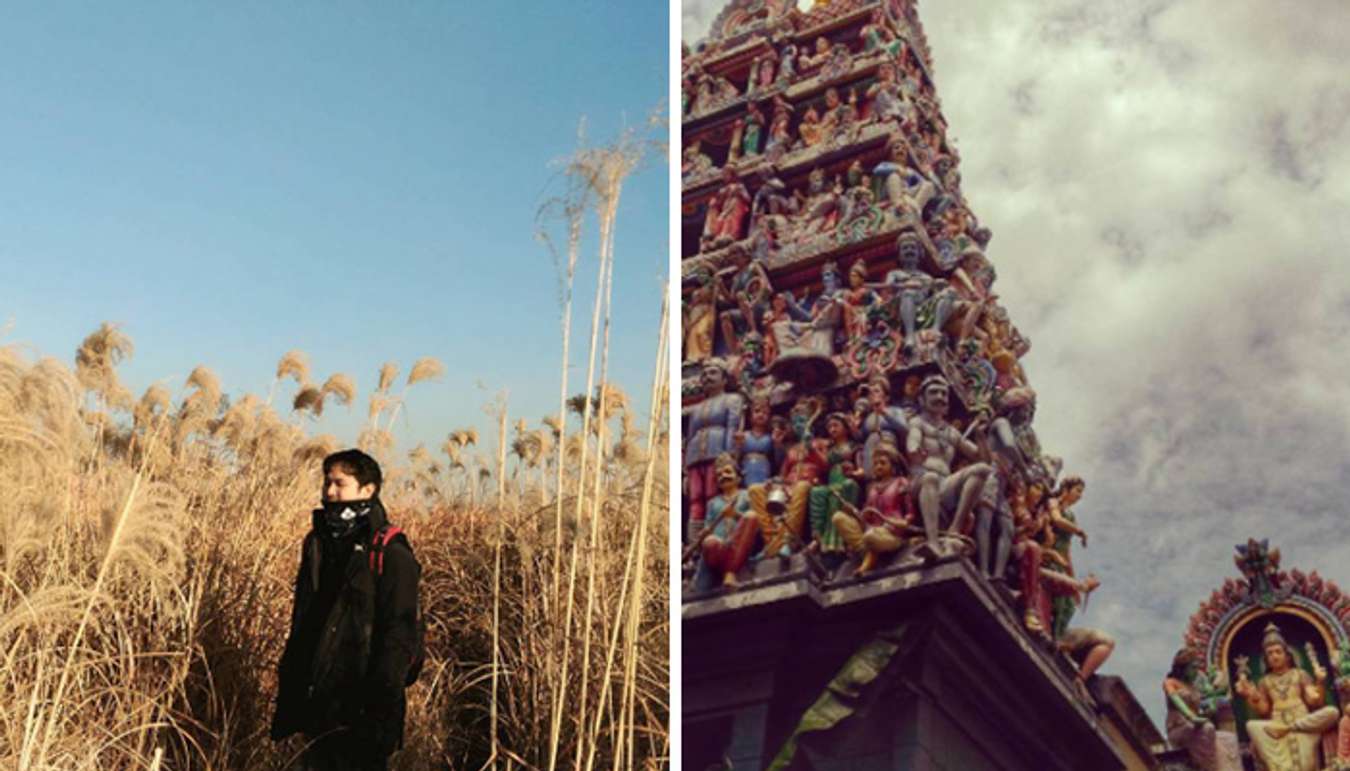
"Eat like a local"
- Besides the usual money-saving travel hacks on accommodations, transportation and places to visit, we save a lot of money on food. That's not saying that we starve ourselves but it's more on being adventurous and finding the right spot to eat.My wife and I both love food and whenever we're in a different country, we always eat local food and shy away from fast food and international dishes. Having said that, we choose where to eat local food. Food offered in the touristy areas and near the vicinity of it tend to be more expensive than those located 2-3 blocks away from it. Eateries located in local bus stations and public markets (including night markets) that are not well known to most tourists are also good spots for some food binges. We usually eat street foods, local dishes in mom and pop eateries (usually with no English menu), foods sold in local groceries and on-the-go food items from convenience stores only when necessary. One obvious technique for partners is to share food with each other. We buy two different dishes (or street food) then share it between us to get a taste of both.It's also great when your hotel/hostel provides free drinking water (usually from water dispensers) as buying bottled water can quite add up to your expenses especially in hot and humid countries. Refill your water bottles every time you go out. One last tip and I'm sure most of you know this but airport and plane food are darn expensive. Make sure to stock up and bring your own food with you if you want to lessen your expenses. We usually make sandwiches or buy filled and stuffed bread.
Gem and Beep, Travels With A Hobo



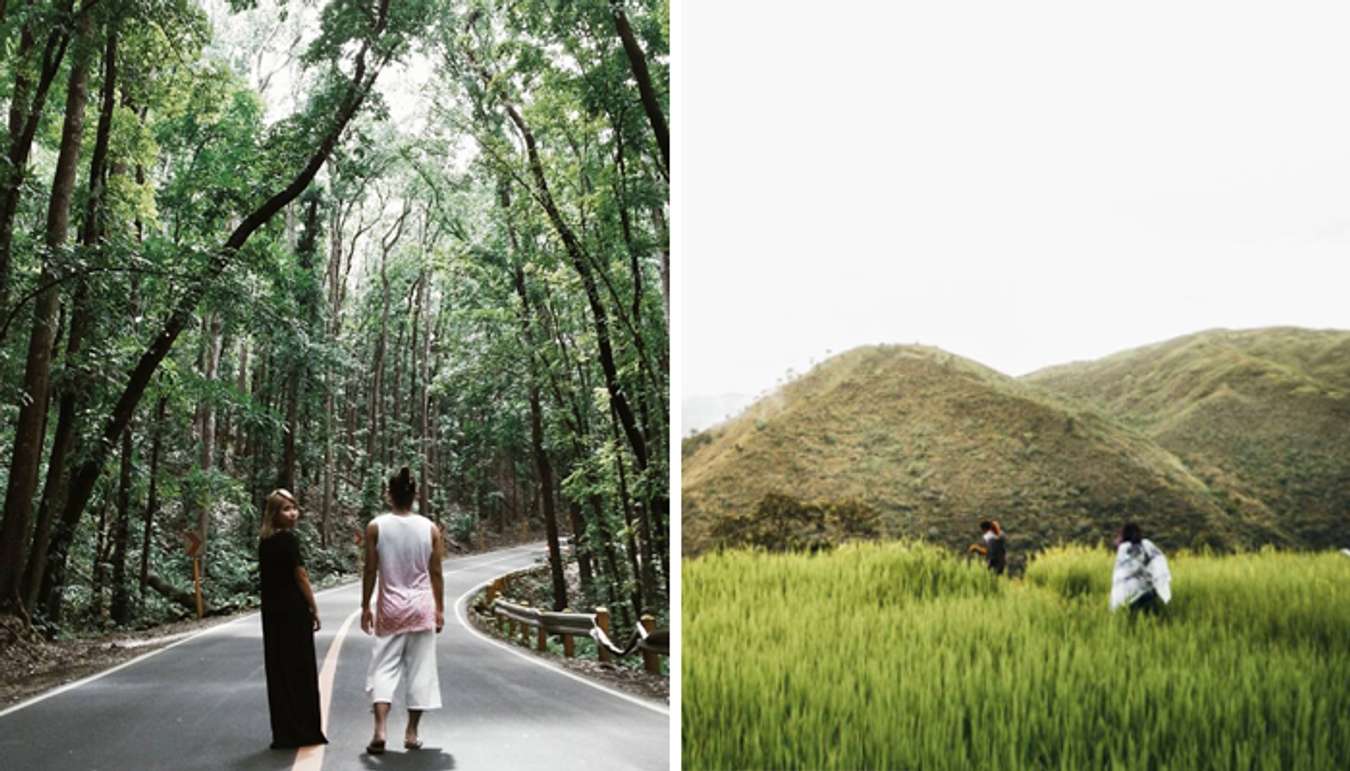
"Saving is in the detail"
- 1. Plan every detail way ahead of your trip - When preparing for a trip abroad, we play closer attention to details because simply put, it's riskier to run out of money or options when you're abroad compared to traveling in your own country. That's why before we go on a trip abroad, we spend months of research and crunching numbers in Excel to make sure that every detail and expense during our trip will not go over our set budget. It helps that I'm very OC in planning for our trips and that Beep helps me assess my budget planning.
The first part of the planning is for the accommodation, where we research the best-value guesthouses or apartments and set up columns of metrics (price, location, transportation/accessibility, amenities, and reviews) that will help us come to a decision for our first, second, and third choice. The second part is planning our day-to-day activities, where will we go, where will we eat, how will we get there, and how much will we need to spend for them.
You might say that this takes out the spontaneity of our trips, but we actually set a buffer in our budget and in our schedule in case our Plan A doesn't go as smoothly as we want it to be. Don't make the mistake of planning a too time restricted itinerary or else you'll end up tiring yourself out rather than having a great time.
2. Buy groceries and and cook meals at your temporary home - We save a ton of money during our trips whenever we opt for this. Sure you want to eat the food of the country you're visiting as part of the cultural experience, but you don't have to eat out every time you eat. This is why when looking for an accommodation, one of our criteria is if we can cook meals and if there's a nearby grocery or market. We usually only eat out for lunch or dinner when we're out and about and make sure that the restaurants we eat in don't go over our budget for meals.
3. Take the cheapest but most convenient public transportation, locals do it, too - We can't stress this enough: Do not ride taxis unless there's no other option. If you really want to experience what life is like as a local and get big savings at the same time, travel like they do. That's why when we plan our itinerary, we research every travel option on how to get to/from our destinations and how much the fare would be.
Cai Dominguez,Travelosyo




"Google has the answer"
- I wonder how many travelers who love to save money will Google, "Free things to do in (insert destination here)" before their trip. Yes! Believe it or not, there are tons of free things to do in this world and all you have to do is to Google it.
Some free things that you might find are guided walking tours, free entrance to an event or museums. This will also help you avoid scams and tourist traps. Since you have an idea that the place that you're visiting is free of charge.
Be creative on your next travel, do a quick research to discover places that fewer people are going not knowing that it's totally free of charge.
Always Know the Latest Info
Subscribe to our newsletter for more travel & lifestyle recommendations and exciting promos.
Subscribe

About Traveloka
Copyright © 2024 Traveloka

